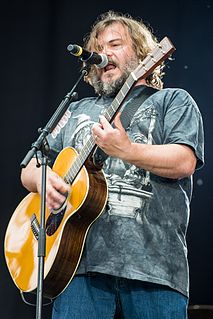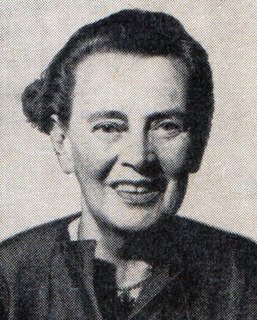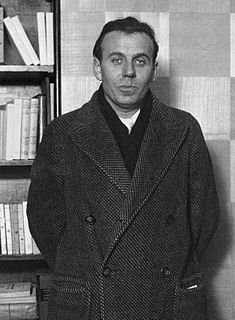A Quote by Cynthia Asquith
Oh why was I born for this time? Before one is thirty to know more dead than living people.
Related Quotes
Who and of what import were the men whose bones bulk the Great Wall, the thirty million Mao starved, or the thirty million children not yet five who die each year now? Why, they are the insignificant others, of course; living or dead, they are just some of the plentiful others...And you? To what end were we billions of oddballs born?
So, if people didn’t settle down to take up farming, why then did they embark on this entirely new way of living? We have no idea – or actually, we have lots of ideas, but we don’t know if any of them are right. According to Felipe Fernández-Armesto, at least thirty-eight theories have been put forward to explain why people took to living in communities: that they were driven to it by climatic change, or by a wish to stay near their dead, or by a powerful desire to brew and drink beer, which could only be indulged by staying in one place.
I told you before, Jem, that you would not leave me. And you are still with me. When I breathe, I will think of you, for without you I would have been dead years ago. When I wake up and when I sleep, when I lift up my hands to defend myself or when I lie down to die, you will be with me. You say we are born and born again. I say there is a river that divides the dead and the living. What I do know is that if we are born again, I will meet you in another life, and if there is a river, you will wait on the shores for me to come to you, so that we can cross together.
My philological studies have satisfied me that a gifted person ought to learn English (barring spelling and pronouncing) in thirty hours, French in thirty days, and German in thirty years. It seems manifest, then, that the latter tongue ought to be trimmed down and repaired. If it is to remain as it is, it ought to be gently and reverently set aside among the dead languages, for only the dead have time to learn it.
You can’t learn to write in college. It’s a very bad place for writers because the teachers always think they know more than you do—and they don’t. They have prejudices. They may like Henry James, but what if you don’t want to write like Henry James? They may like John Irving, for instance, who’s the bore of all time. A lot of the people whose work they’ve taught in the schools for the last thirty years, I can’t understand why people read them and why they are taught.
You can lose your way groping among the shadows of the past. It's frightening how many people and things there are in a man's past that have stopped moving. The living people we've lost in the crypts of time sleep so soundly side by side with the dead that the same darkness envelops them all. As we grow older, we no longer know whom to awaken, the living or the dead.
To me the Universe was all void of Life, of Purpose, of Volition, even of Hostility; it was one huge, dead, immeasurable Steam-engine, rolling on, in its dead indifference, to grind me limb from limb. Oh vast gloomy, solitary Golgotha, and Mill of Death! Why was the living banished thither companionless, conscious? Why, if there is no Devil; nay, unless the Devil is your God?
For more than two generations, my family had never achieved their ambitions. Their talents were unappreciated and unused. They deserved better. They hadn't done anything wrong; they just had some bad breaks. Why was I succeeding? Why was I living my dreams? I wasn't more deserving than they were. I wasn't smarter or a better person. What was the difference between us that allowed me to attain so much in a short time? America. America was the difference. I had been born a citizen of the greatest nation in all of human history.




































